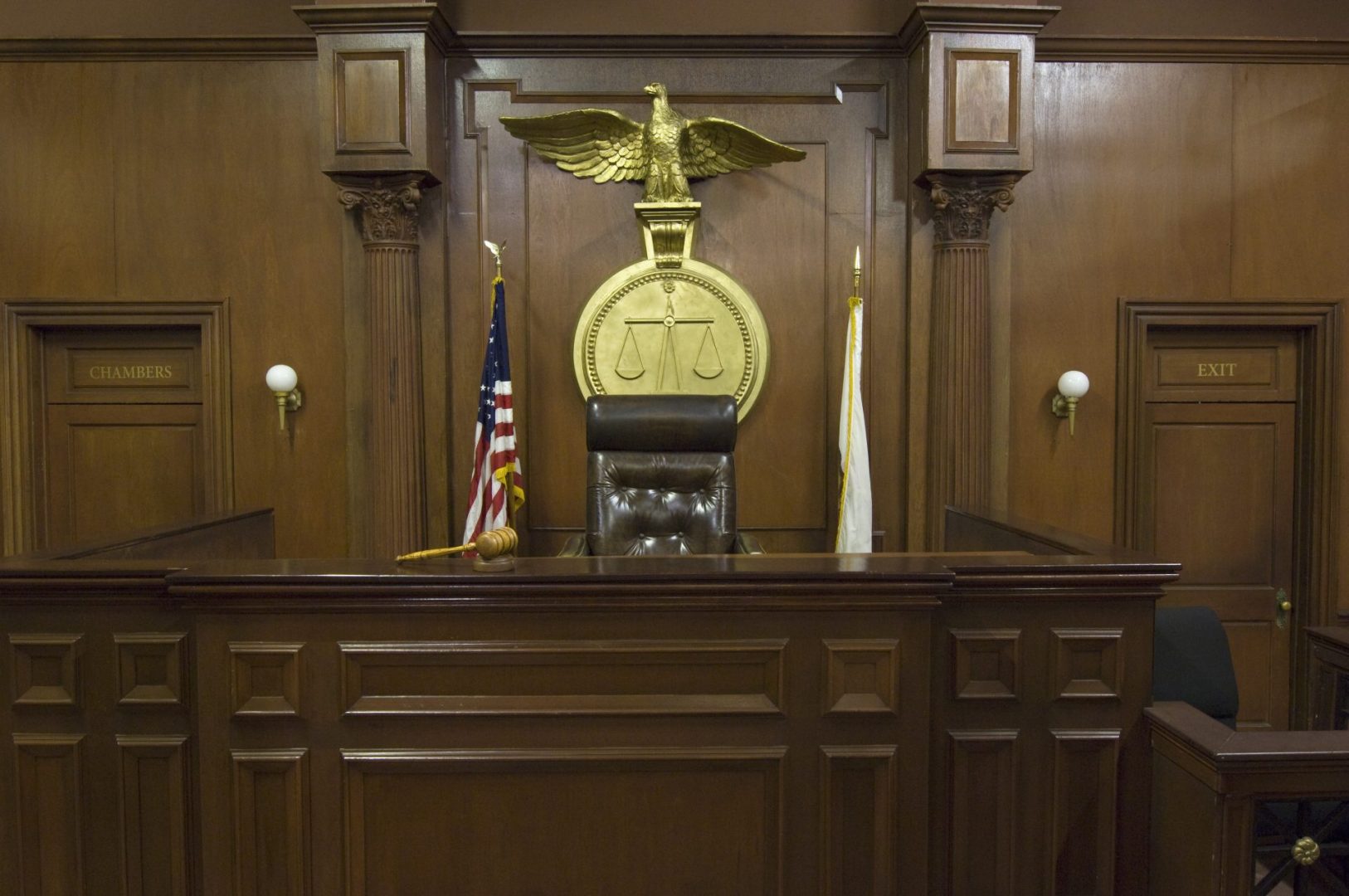In Indiana, much has been made of cases concerning a plaintiff’s medical bills, and whether the reduced amount paid by insurance can be admitted at trial. The chief cases in this regard are Patchett v. Lee and Stanley v. Walker. These cases addressed whether the reduced amount of medical bills paid by either insurance or government programs like Medicare or Medicaid can be introduced at trial, despite the existence of Indiana’s Collateral Source Statute, which states that insurance cannot be mentioned in regards to discounted bills, because it is a benefit of a deal made between a person and their insurance company.
The above two cases, however, changed how defense lawyers and insurance companies can get around the collateral source statute in Indiana. As long as insurance is not mentioned, defendants can now introduce the amount that plaintiff paid for their medical services, while plaintiff may introduce the amount that was actually billed to them. However, up until recently, a question that had not been asked was, “Can a Defendant introduce Plaintiff’s medical bills if the plaintiff does not, and is only seeking pain and suffering damages?” Well, a recent Indiana case has now answered this question, and the answer is not positive for plaintiffs.
The Case: Gladstone v. West Bend Mutual Insurance Co.
This case involved an auto accident, with the plaintiff, Daniel Gladstone, suffering injuries to his wrist. After the lawsuit was filed by Daniel against the defendant for his injuries, and his insurance company, West Bend, for the Uninsured Motorist Coverage (UIM), the defendant offered her policy limits and was thus dismissed from the case.
After this occurred, Daniel dropped his claim for compensation for his injuries. He moved forward only with a claim for pain and suffering damages. During trial, Daniel did not introduce his medical bills into the record, so the defense sought to introduce both the billed amount, $14,000, and the paid amount, $2,000, into the record. Daniel and his attorney objected to these bills being introduced into the record and claimed the amounts either billed or paid were not relevant to determining pain and suffering. The court admitted the bills, and the jury came back with an award of $0.00 for Daniel.
On appeal, the court noted that using the Rules of Evidence Rules 401, 402, and 403 to determine relevance, that the medical bills were relevant, and thus could be used in this case. The court on appeal stated that, using Rule 402, which states that, “…irrelevant evidence will not be admitted,” Rule 401, which says that, “…evidence is relevant if it has any tendency to make a fact more or less probable,” and Rule 403 which determines, “…relevant evidence will not be allowed in if it’s prejudicial nature outweighs it’s probative value,” that the evidence was relevant, and it was not too prejudicial for the jury in determining whether or not Daniel actually had pain and suffering.
The court held that these billed amounts did hold some relevance in determining if the plaintiff actually had pain and suffering, and that the medical bills and the paid amount did not overly influence the jury in their decision to award Daniel nothing. This is a problem because someone could be severely injured after an accident, and require continual treatment for the rest of their life, but if some or all of their procedures were written off gratuitously, then jurors could be influenced by the fact that the plaintiffs paid little or no money. This can harm the ability of plaintiffs to recover for pain and suffering moving forward.
Have You Been Injured in an Accident Recently, and Need Legal Help?
Contact the experienced personal injury attorneys at Hurst Limontes, LLC. Our attorneys have decades of combined experience in many areas of personal injury and tort law, and we will fight for you on your case! We always work hard to ensure our clients receive just compensation for their injuries. Call or email us for a free consultation today!





